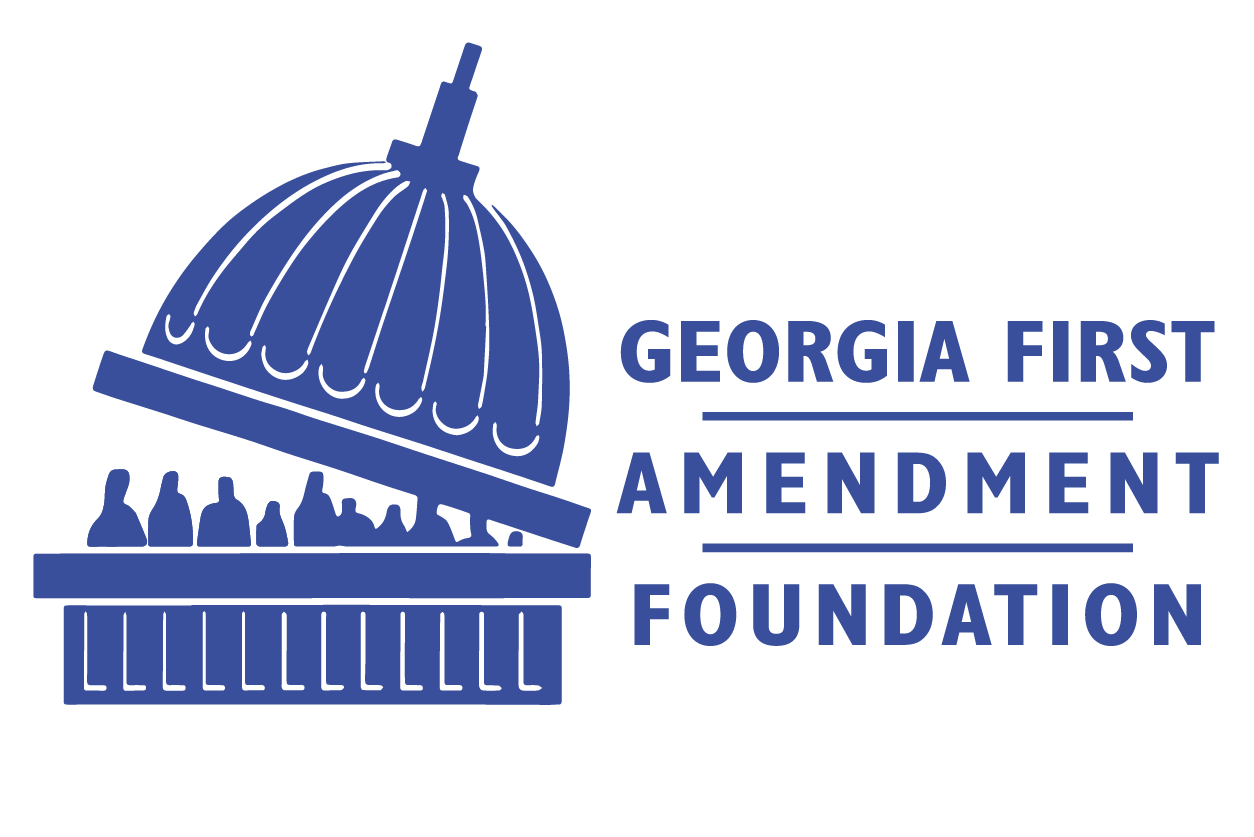By Jim Zachary
The city of Atlanta has passed sweeping open government legislation that should be a model across Georgia.
Let’s be clear.
Atlanta did not have a great track record when it comes to open government under its previous administration.
The ordinance passed Monday seems to be a good faith effort to right the ship by Mayor Keisha Lance Bottoms and the current administration.
Essentially, the city will now have an open government ombudsman, a transparency officer, tasked with policing open records compliance.
All city employees who handle public documents will be required to complete open records training.
And a new website will give the public a way to track open records requests in real time.
Along with Mayor Bottoms, give credit to the Atlanta Journal-Constitution and WSB-TV for fighting the good fight, holding Atlanta officials accountable, exposing corruption in city government and negotiating with city leaders for these sweeping changes.
Their reporting led to a criminal investigation of former Mayor Kasim Reed’s administration around the stalling of records requests and even the falsification of public documents.
The media has an important role to play in holding local government accountable.
The AJC and WSB were vigilant in their investigations, the reporting and the follow through.
As a result, a complaint was filed with the Office of the Attorney General and, in turn, Georgia Attorney General Chris Carr called for an unprecedented criminal investigation by the Georgia Bureau of Investigation.
The GBI’s investigative files have now been turned over to the AG’s office.
Violators of Georgia’s open government laws should be prosecuted.
In 1998 the General Assembly gave the Attorney General specific authority to enforce the state’s Sunshine Laws.
Members of city councils, boards of education, county commissions, authorities and local government committees across the state of Georgia should be paying close attention to the egregious actions of previous city officials in Atlanta, the criminal investigation and possible charges, and learn from the steps the current administration is taking to improve public access.
The Georgia First Amendment Foundation, in partnership with the AG’s office publishes Georgia Sunshine Laws: A Citizen’s Guide to Open Government online and the publication is also available in printed form by contacting members of the foundation’s board of directors.
GFAF provides open government training and speakers with expertise on Georgia open government laws, government transparency and First Amendment issues across the state. Local governments, media organizations or your civic group can request training at: Speaker/Training Request.

Jim Zachary
Jim Zachary, a foundation board member, is deputy national editor of Community Newspaper Holdings Inc.
The views and opinions expressed are personal to the author and do not necessarily reflect those of the firm with which the author is associated.
